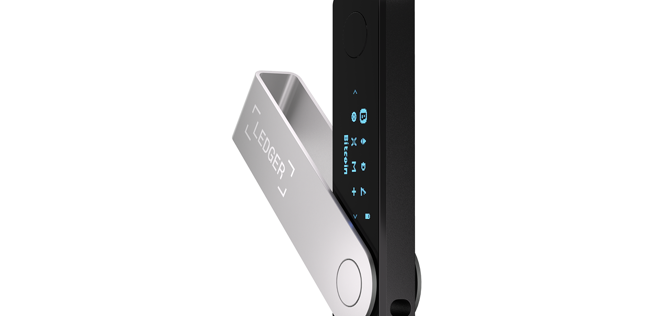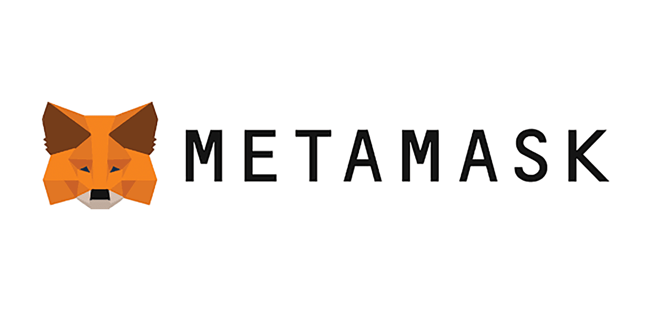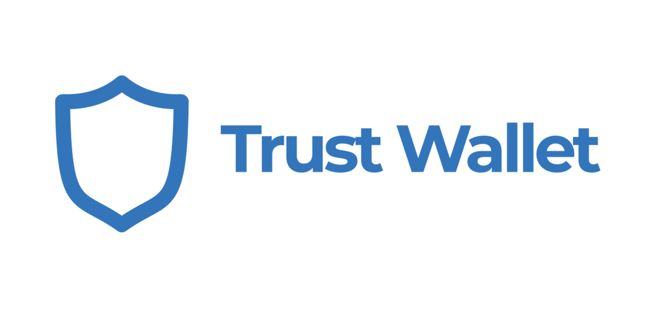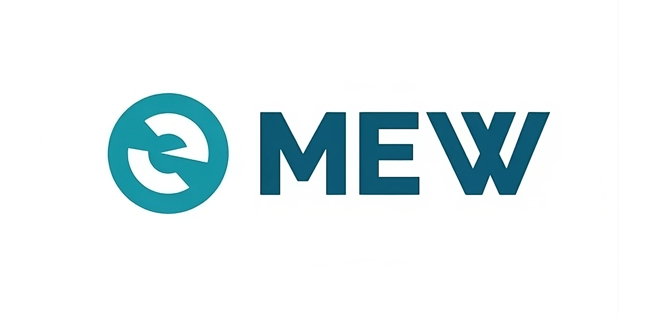Published 20 Apr 2024
Ratex.ai/
- Blog/
- Ethereum/
- Ethereum Crypto Wallets Unveiled: Top Picks for Storing and Transferring ETH and ERC-20 Tokens
Ethereum Crypto Wallets Unveiled: Top Picks for Storing and Transferring ETH and ERC-20 Tokens

Ethereum is a decentralized, open-source blockchain platform that enables the creation of smart contracts and decentralized applications (dApps). Its native cryptocurrency, Ether (ETH), is the second-largest digital currency by market capitalization and is widely used for various purposes, such as making transactions, paying for transaction fees (gas), and participating in decentralized finance (DeFi) platforms. Additionally, the Ethereum network is home to a vast ecosystem of tokens built on the ERC-20 standard, which are used for various purposes, including governance, utility, and representation of digital assets.
To safely store, manage, and transfer ETH and ERC-20 tokens, users require a crypto wallet specifically designed for Ethereum-based assets. A crypto wallet is a digital tool that allows users to securely store their cryptocurrencies, monitor their balances, and perform transactions. Using a suitable Ethereum crypto wallet is crucial for protecting your digital assets from potential security threats and ensuring smooth and efficient transactions. In this article, we will explore the top Ethereum crypto wallets for storing and transferring ETH and ERC-20 tokens, helping you make an informed decision when choosing the right wallet for your needs.

Types of Ethereum сrypto wallets
When it comes to storing and transferring ETH and ERC-20 tokens, there are various types of crypto wallets available, each with its unique features, advantages, and trade-offs. Here, we will discuss the most common types of Ethereum crypto wallets to help you understand their differences and choose the one that best suits your needs.
- Hardware wallets
Hardware wallets are physical devices designed to provide the highest level of security for storing cryptocurrencies. They store your private keys offline, making them immune to online threats, such as hacking attempts and malware. Popular hardware wallets that support Ethereum and ERC-20 tokens include Ledger Nano X, Ledger Nano S, and Trezor Model T.
- Software wallets
Software wallets are digital applications that can be installed on your computer or laptop. They offer a balance between security and convenience, as they store your private keys locally on your device. Some popular Ethereum software wallets include MetaMask, Trust Wallet, and Exodus.
- Web wallets
Web wallets are online wallets that can be accessed through a web browser. They are convenient for quick and easy access to your ETH and ERC-20 tokens but are generally considered less secure than hardware and software wallets, as they store your private keys on a remote server. Examples of Ethereum web wallets include MyEtherWallet and MyCrypto.
- Mobile wallets
Mobile wallets are smartphone applications that allow you to store, manage, and transfer your Ethereum-based assets on the go. They offer a user-friendly interface and are convenient for everyday use. Popular mobile wallets for Ethereum and ERC-20 tokens include Trust Wallet, Coinbase Wallet, and Argent.
- Paper wallets
Paper wallets are a simple and secure method of storing cryptocurrencies offline. They involve generating and printing your private and public keys on a piece of paper. While paper wallets provide high-level security against online threats, they can be easily lost, damaged, or destroyed, and are not suitable for frequent transactions. Ethereum paper wallets can be generated using MyEtherWallet or other similar services.
Each type of Ethereum crypto wallet has its advantages and disadvantages, and the best choice depends on your specific needs, preferences, and security requirements. In the following section, we will present a curated list of top Ethereum crypto wallets to help you make an informed decision.

Top Ethereum crypto wallet picks
In this section, we will explore a curated list of top Ethereum crypto wallets that cater to various user needs and preferences. These wallets have been selected based on their features, security measures, compatibility, and user-friendliness.

Ledger Nano X (hardware wallet)
The Ledger Nano X is a state-of-the-art hardware wallet designed to provide maximum security for your Ethereum and ERC-20 tokens. This sleek device features a built-in display and supports Bluetooth connectivity, making it easy to manage your assets on both desktop and mobile devices. The Ledger Nano X stores your private keys offline and employs a secure element chip to protect your digital assets from potential threats. Its intuitive interface and support for multiple cryptocurrencies make it a popular choice among crypto enthusiasts.

MetaMask (software wallet)
MetaMask is a versatile software wallet that can be installed as a browser extension for Chrome, Firefox, and Brave. It is widely popular among Ethereum users due to its seamless integration with various dApps and DeFi platforms. MetaMask stores your private keys locally on your device and offers a user-friendly interface for managing your ETH and ERC-20 tokens. Additionally, it allows you to interact with the Ethereum network, including participating in token sales and staking.

Trust Wallet (mobile wallet)
Trust Wallet is a user-friendly mobile wallet that supports Ethereum and a wide range of ERC-20 tokens. Available for both iOS and Android devices, Trust Wallet offers a secure and convenient way to manage your digital assets on the go. Its key features include a built-in decentralized exchange, staking functionality, and support for multiple cryptocurrencies. Trust Wallet stores your private keys locally on your device and employs advanced security measures, such as biometric authentication and two-factor authentication, to protect your assets.

MyEtherWallet (web wallet)
MyEtherWallet (MEW) is a popular web-based wallet designed specifically for Ethereum and ERC-20 tokens. It offers a user-friendly interface and allows you to easily create, access, and manage your Ethereum wallet. MEW can be used in conjunction with hardware wallets like Ledger and Trezor for enhanced security. However, as a web wallet, it is essential to exercise caution and ensure you are accessing the official MEW website to avoid potential phishing scams.

Argent (mobile wallet)
Argent is a modern mobile wallet designed with user experience and security in mind. Available for both iOS and Android devices, Argent offers a unique approach to securing your Ethereum and ERC-20 tokens. Instead of relying on seed phrases, Argent employs a guardian system that allows you to recover your wallet using trusted contacts or hardware wallets. This innovative wallet also features a built-in decentralized exchange, staking capabilities, and support for DeFi platforms, making it an attractive option for users looking for a seamless and secure Ethereum wallet experience.

Choosing the right Ethereum crypto wallet
Selecting the most suitable Ethereum crypto wallet depends on various factors that cater to your individual needs and preferences. Here, we provide guidance on how to choose the right wallet based on several essential aspects.
Security considerations
The security of your digital assets should be your top priority when choosing an Ethereum wallet. Opt for wallets that employ robust security measures, such as offline storage of private keys, two-factor authentication, and encryption. Hardware wallets like Ledger Nano X and Trezor offer the highest level of security, while software and mobile wallets provide a balance between security and convenience.
Ease of use and user interface
A user-friendly interface and easy-to-navigate features are crucial, especially for beginners. Look for wallets that offer a clean, intuitive design and straightforward transaction processes. Wallets like MetaMask and Trust Wallet are known for their user-friendly interfaces, making them suitable for users of all experience levels.
Compatibility with devices and platforms
Ensure that the wallet you choose is compatible with your preferred devices and platforms. If you primarily use a mobile device, opt for a mobile wallet like Trust Wallet or Argent. For desktop users, consider software wallets like MetaMask or hardware wallets that support desktop integration.
Support for ETH and ERC-20 tokens
While all Ethereum wallets support ETH, not all of them support every ERC-20 token. If you plan to store and manage a diverse portfolio of ERC-20 tokens, choose a wallet that offers broad token support, such as MetaMask or MyEtherWallet.
Customer support and community reputation
A reliable wallet should offer responsive customer support and have a good reputation within the crypto community. Research wallet providers' customer support options, such as email, live chat, or FAQ sections, to ensure you can access help when needed. Additionally, consider the wallet's reputation by reading user reviews and checking its standing within the Ethereum community.
By considering these factors and evaluating your individual needs and preferences, you can select the most suitable Ethereum crypto wallet to safely and confidently store, manage, and transfer your ETH and ERC-20 tokens.

Best practices for using Ethereum crypto wallets
To ensure the safety and effectiveness of your Ethereum crypto wallet, follow these best practices:
- Securing your wallet with strong passwords and two-factor authentication
Create a strong, unique password for your wallet, and enable two-factor authentication (2FA) if the wallet supports it. A strong password should include a mix of uppercase and lowercase letters, numbers, and special characters. Two-factor authentication adds an extra layer of security by requiring a second form of verification, such as a fingerprint or a code sent to your mobile device.
- Regularly backing up your wallet and storing backups securely
Back up your wallet's seed phrase or private key and store it in a secure location, such as a fireproof safe or a safety deposit box. This will ensure that you can recover your funds in case you lose access to your wallet or your device is damaged. Keep multiple backups and update them whenever you create a new wallet or change your seed phrase.
- Keeping your wallet software up-to-date
Regularly update your wallet software to the latest version to ensure you have the latest security features and bug fixes. Outdated software can be vulnerable to security threats, putting your digital assets at risk.
- Verifying transaction details before sending funds
Double-check the recipient's address and the transaction amount before confirming a transfer. Once a transaction is processed on the Ethereum network, it cannot be reversed. Triple-check that you are sending funds to the correct address and for the intended amount.
- Being cautious of phishing scams and other security threats
Be wary of suspicious emails, websites, and social media messages that ask for your wallet's seed phrase, private key, or other sensitive information. Legitimate Ethereum wallet providers will never ask for your seed phrase or private key. Always verify the authenticity of any communication or website before entering any sensitive information. Keep your computer and mobile devices free from malware by using reliable security software and avoiding suspicious links or downloads.
In conclusion, using a suitable Ethereum crypto wallet is crucial for securely storing and transferring ETH and ERC-20 tokens. With various types of wallets available, each offering different features and levels of security, it's essential to research and choose the best wallet for your specific needs.
By taking the time to find the right variant and adhering to the best practices of its use, you can confidently and safely participate in the world of Ethereum and its vast ecosystem of tokens.
Read More




 Get RateX Pro
Get RateX Pro
 02 Apr 2024
02 Apr 2024
